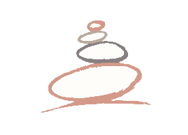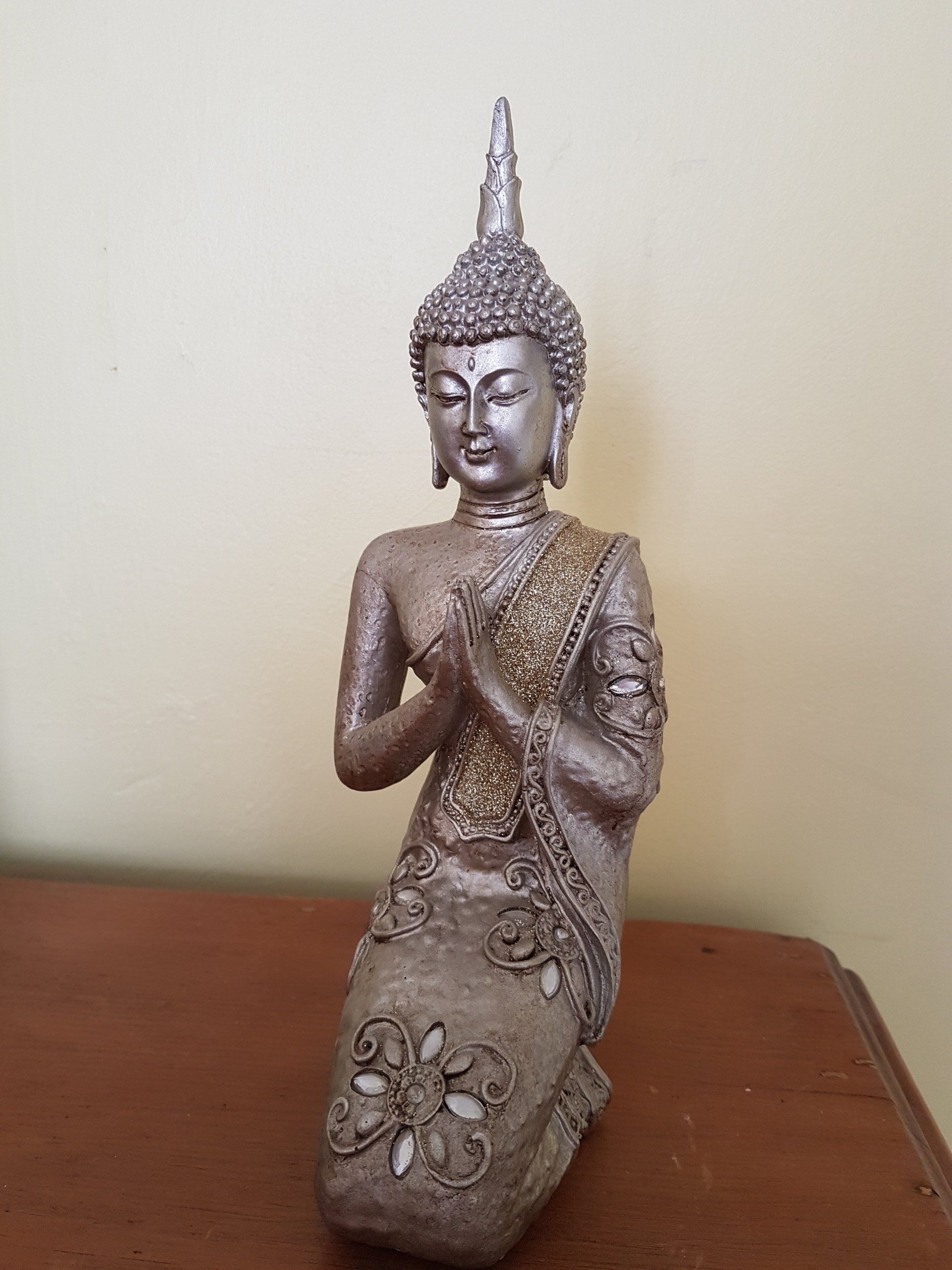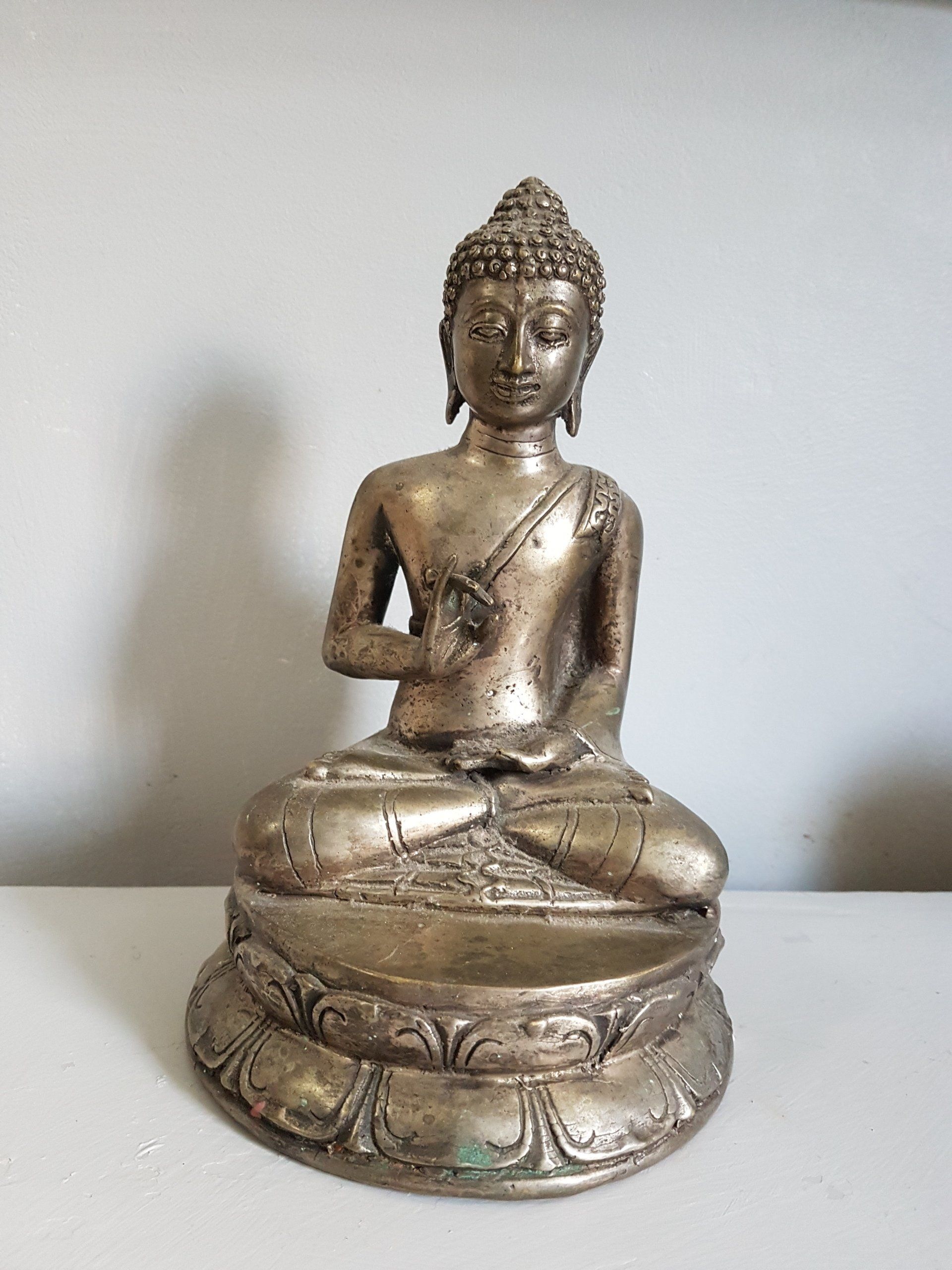
- HOME
- Counselling & Psychotherapy
- Structured Treatment Programmes
- MORE
Habit versus Addiction
Habit Versus Addiction
Habit Versus Addiction
Habit
– Repeated action or behaviour that may be unconscious.
Addiction
– Continued involvement with an activity, chemical or substance despite ongoing negative consequences.
Compulsion
– When considerable discomfort is experienced if the behaviour is not performed.
There is a fine line between habit and addiction, because a habit can quickly turn into an addiction and it is hard to know when this occurs. The difference between the two is that a person can stop a habit, but they lose control of their actions with an addiction. An addiction is a compulsion to do something or use a substance, regardless of the negative effects.

Slide title
Write your caption hereButton
Slide title
Write your caption hereButton
Slide title
Write your caption hereButton
Is it a Habit?
Is it a Habit?
A habit is defined as repeated action or behaviour that may be unconscious. It is something that an individual does over and over, and it can become embedded in the brain so that the person begins to do it automatically. Even though a habit can be automatic, it is something that the individual has control over and can stop if they want. Sometimes habits are harmless, such as texting or tapping one’s foot. Other habits can have negative consequences, such as nail biting or excessive Internet use. But if the person can keep themselves from doing the action, it is not considered an addiction.
Is it an Addiction?
An addiction, on the other hand, is a mental disease that is categorised by continued involvement with an activity, chemical or substance despite ongoing negative consequences. When someone suffers from an addiction, they cannot control their compulsion, no matter how hard they try or how determined they are to stop. An addiction is an extreme kind of habit. Even though the person may know the devastating effects of their addiction, they do not have the means to stop. Either the person’s mind is so attracted to the substance or the activity, or the person may experience uncomfortable withdrawal symptoms if they stop. It is usually necessary for a person with a true addiction to seek professional help in order to gain control of their life again and stop the negative behaviour.
A Process Addiction
What might start out as a habit that someone does without knowing it can become an addiction that they cannot control. This is especially true about process addictions. Addictions such as gambling, compulsive overeating, excessive exercise, and Internet overuse are called process additions. These activities often begin as a habit, but progress into an addiction. Instead of chemical dependency that people addicted to drugs and alcohol experience, individuals suffering from process addictions are addicted to doing something. The action is more than a habit, because the person cannot stop doing it.
Process addictions often meet a need for the individual, such as managing stress, relieving emotional pain, or helping the person cope with negative thoughts. However, both process addictions and chemical addictions cause serious effects, such as health issues, mental health problems, strained relationships, loss of productivity, and financial issues. Even though addiction has such negative consequences, the person is powerless to end the addiction on their own.










